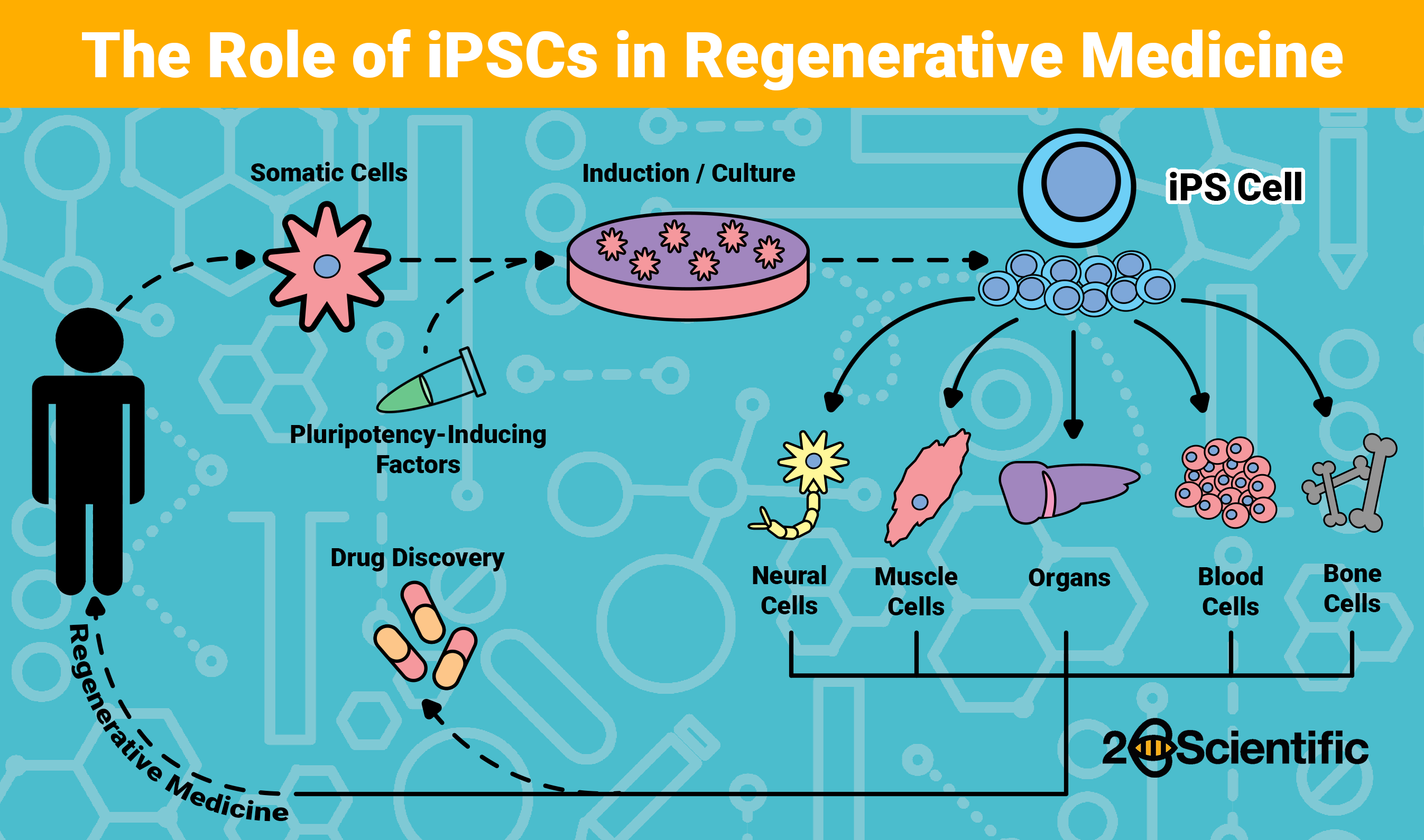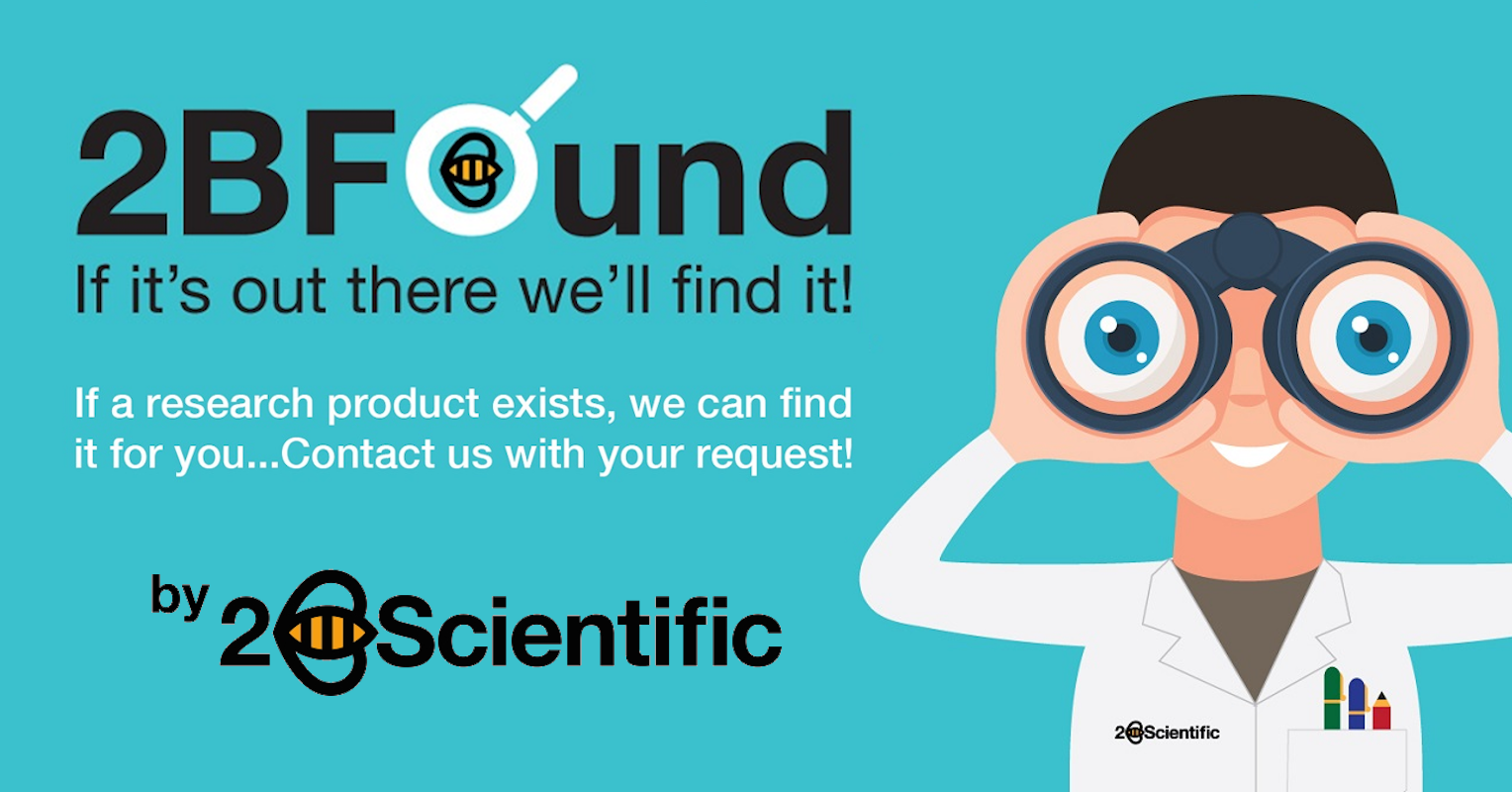Stem Cell Therapy
Stem cell therapy is an established approach with a broad potential in regenerative medicine, aiming to harness the body’s ability to heal itself. Stem cells, which are unspecialised cells, have the remarkable potential to differentiate into various specialised cell types, such as muscle, nerve, or blood cells. This ability makes them valuable for treating conditions where cells are damaged or lost, such as in degenerative diseases, injuries, or congenital disorders.
Stem cells can be sourced from embryonic stem cells (ESCs), adult (somatic) stem cells and induced pluripotent stem cells (iPSCs).
Embryonic stem cells (ESCs) are derived from early-stage embryos and are pluripotent, meaning they can develop into almost any cell type. They hold significant research and therapeutic potential, although their use raises ethical considerations due to the destruction of embryos.
Adult stem cells, found in tissues like bone marrow and blood, are multipotent, allowing them to differentiate into specific related cell types. They are effectively used in treatments such as bone marrow transplants but are less versatile than ESCs.
Induced pluripotent stem cells (iPSCs) are adult cells, often sourced from skin or blood, that have been genetically reprogrammed to behave like ESCs. This process grants them pluripotency without the ethical issues associated with ESCs. iPSCs can also be generated from a patient's own cells, minimising the risk of immune rejection in personalised therapies. With their unique properties, iPSCs offer tremendous potential for disease modelling, drug testing, and advancing regenerative therapies.
-in-Regenerative-Medicine.png?width=50)
Researchers use stem cell therapy to study disease mechanisms, develop treatments, and test drug efficacy. By creating disease models from patient-derived stem cells, they can better understand how diseases progress and identify new therapeutic strategies. Additionally, stem cells are used in gene editing techniques, such as CRISPR, to correct genetic mutations. This approach is especially promising in treating conditions like heart disease, neurodegenerative disorders, diabetes, and certain types of cancers.
Whether you are investigating stem cell biology, conducting drug screening, or developing gene editing techniques, our products are tailored to enhance your research outcomes and facilitate your discoveries. 2BScientific is dedicated to supporting scientists and researchers by providing a comprehensive range of high-quality reagents and tools. Our offerings include specialised media, growth factors, and differentiation kits designed to optimise stem cell culture and manipulation.
